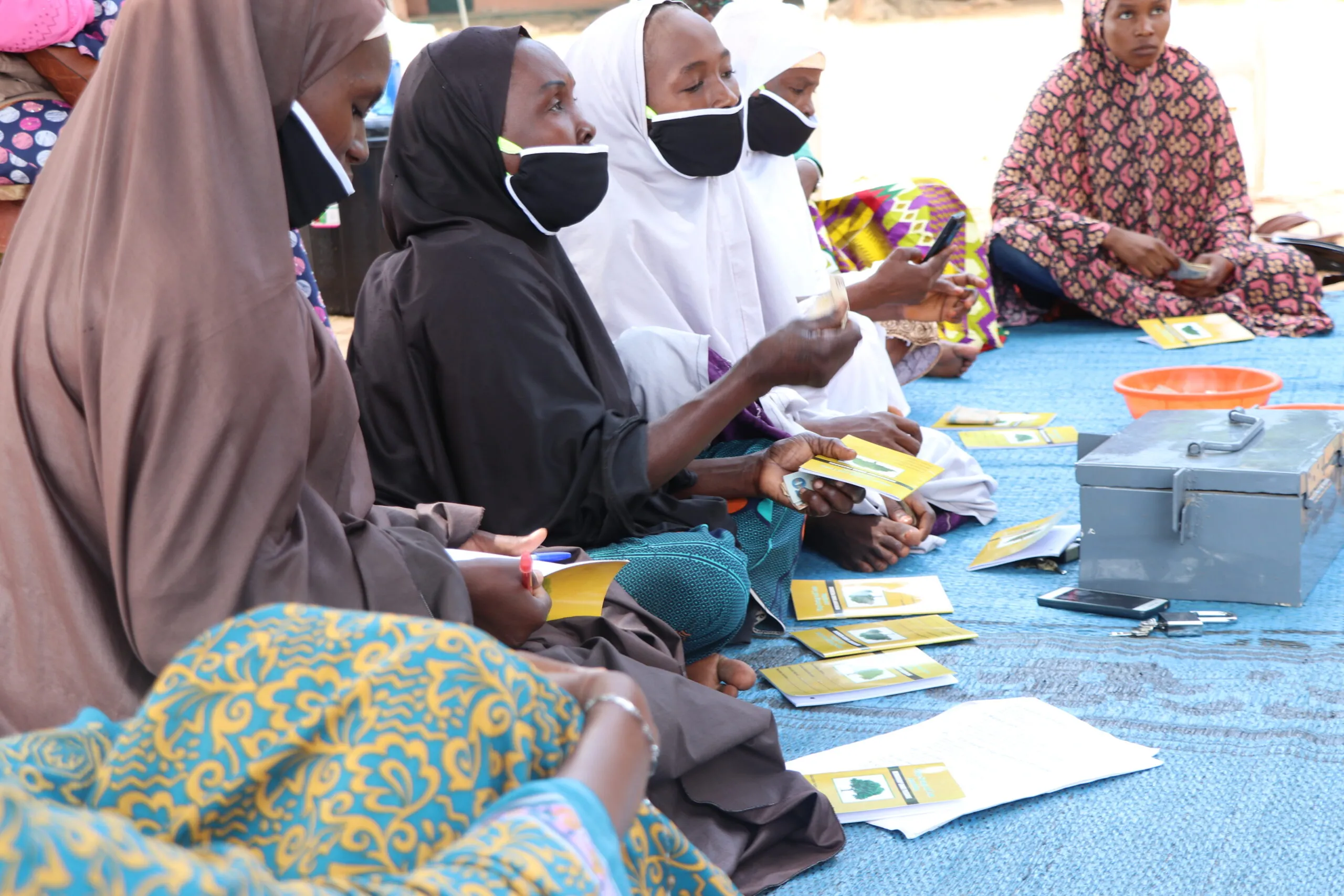
In Nigeria, the first confirmed case of COVID-19 was declared on February 27th, 2020. The outbreak in the country has recorded 1,364 cases to date with 45 deaths. CARE surveyed savings groups in the Yobe, Jigawa and Bauchi states of Nigeria in September of 2020. 239 respondents (70% women) shared their community experiences throughout the COVID-19 response.
The SOAR III project, which uses the UDAAN model, integrated Youth Savings and Loan Associations (YSLAs) into education programs to help girls overcome financial barriers to schooling and foster a savings habit. As a result, out-of-school girls re-enrolled in education, started businesses, and gained confidence in their potential as leaders. Gender-transformative impacts were driven by community sessions promoting gender dialogue, girl-led collective action, and the involvement of fathers, religious leaders, and teachers to support girls’ education and raise awareness of gender-based violence. Read More
The SHOUHARDO III project implemented by CARE in Bangladesh integrated VSLAs to enhance food security and resilience in poor rural communities. It empowered women by increasing their decision-making power, mobility, and household income while reducing gender-based violence. Gender-transformative impacts were achieved through initiatives like couples' counselling, men's engagement networks, EKATA groups, and community-led actions aimed at shifting social norms. Read More
The Advancing Women Economic Empowerment in Vietnam (AWEEV) project, led by CARE in partnership with local governments, CSOs, and the private sector, worked with VSLA members in poor rural and ethnic minority areas to increase women’s participation in paid economic activities. Key factors contributing to its gender-transformative impact included deep reflection on gender through Social Analysis & Action groups, gender dialogue at multiple levels, and engaging men as allies. Social norm change activities focused on reducing unpaid domestic work and promoting equal decision-making. As a result, women have reduced their unpaid domestic workload, are making economic decisions at home, and are starting businesses, joining production groups, and collectively advocating with power-holders. Read More